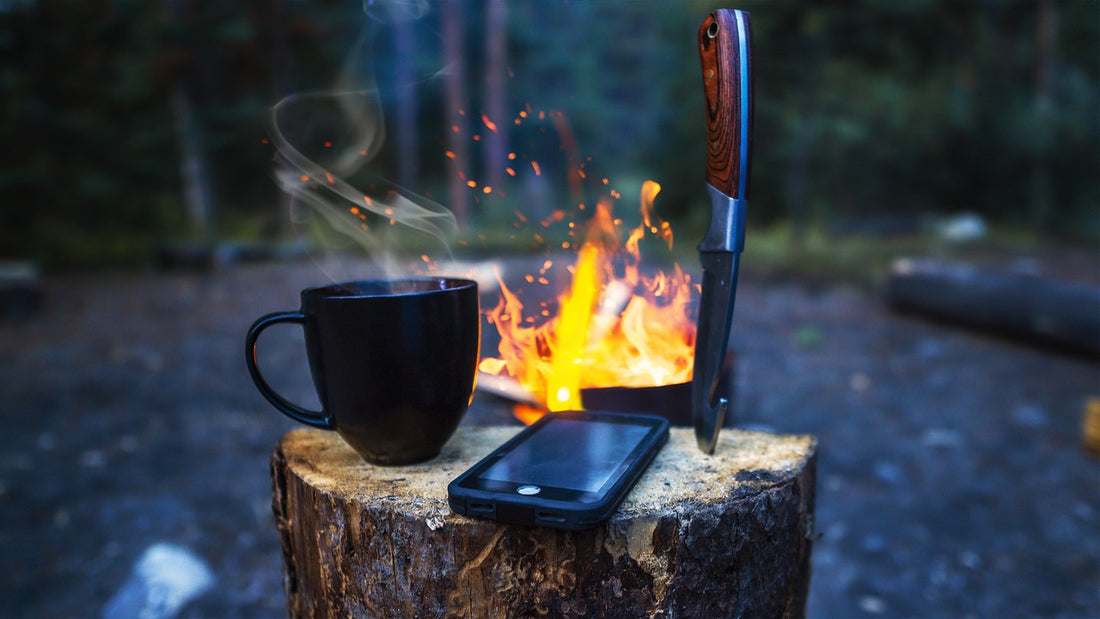
Outdoor Survival Skills Every Camper and Hiker Should Know
Share
The great outdoors beckons with promises of adventure and serenity, but nature can be unpredictable. Whether you're an experienced hiker or a casual camper, knowing essential survival skills can mean the difference between a safe return home and a potentially dangerous situation. In this article, we'll explore the outdoor survival skills that every camper and hiker should have in their toolkit, including fire-starting, finding water, and navigation.
Section 1: Fire-Starting Techniques
Fire is one of the most critical survival tools in the wilderness. Here are some essential fire-starting techniques to master:
- Carry Fire Starters: Always carry reliable fire-starting tools like waterproof matches, a lighter, or a fire starter rod. Store them in a waterproof container.
- Tinder: Collect dry tinder, such as leaves, grass, and small twigs, before attempting to start a fire. Dry materials ignite more easily.
- Fire Lay: Learn different fire lays, such as teepee, log cabin, or lean-to, to maximize your chances of success. Properly arrange your firewood for efficient burning.
- Fire-by-Friction: Practice traditional fire-starting methods like the bow drill or fire plough as a backup option in case you run out of modern ignition sources.
Section 2: Finding Water Sources
Access to clean water is crucial for survival. Here's how to find and purify water in the wild:
- Natural Sources: Look for nearby water sources such as streams, rivers, and lakes. Be cautious and filter or purify the water before consumption to avoid waterborne illnesses.
- Rainwater: Collect rainwater using a clean container or tarpaulin. Rainwater is usually safe to drink without purification.
- Solar Still: Construct a solar still to extract moisture from the ground, a useful technique in arid environments.
- Water Purification: Carry water purification tools like water filters, purification tablets, or a portable UV purifier to make water safe to drink.
Section 3: Navigation Skills
Getting lost in the wilderness can be a daunting experience, but these navigation skills can help you find your way:
- Map and Compass: Learn how to read topographic maps and use a compass for navigation. This fundamental skill is invaluable for determining your location and plotting a course.
- GPS Devices: Carry a reliable GPS device with extra batteries. It provides precise location information and can be a lifesaver in unfamiliar terrain.
- Trail Markers: Pay attention to trail markers, cairns, and blazes when hiking on established trails. They guide your way and help prevent you from veering off course.
- Leave No Trace: Follow the Leave No Trace principles, which emphasize responsible outdoor ethics, to minimize your impact on the environment and preserve natural landmarks as navigational reference points.
Outdoor survival skills are not just for extreme situations but are essential knowledge for every camper and hiker. Fire-starting, finding water, and navigation skills are the cornerstones of staying safe and self-sufficient in the wilderness. Whether you're embarking on a day hike or an extended camping trip, take the time to learn and practice these skills to ensure your outdoor adventures remain enjoyable and safe.
